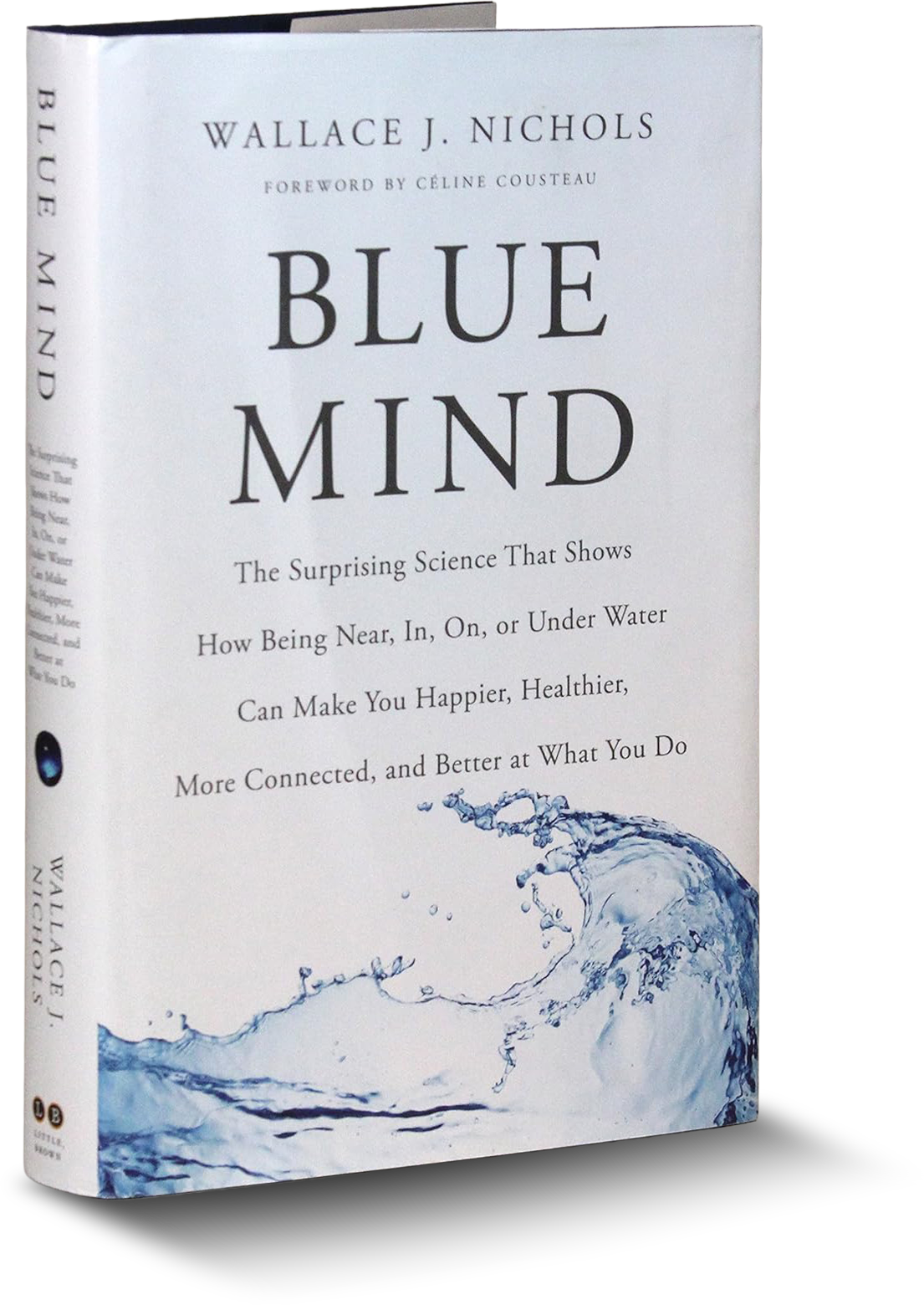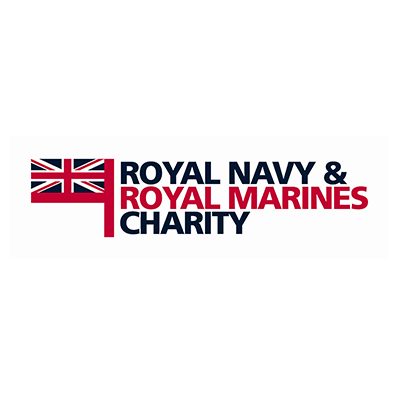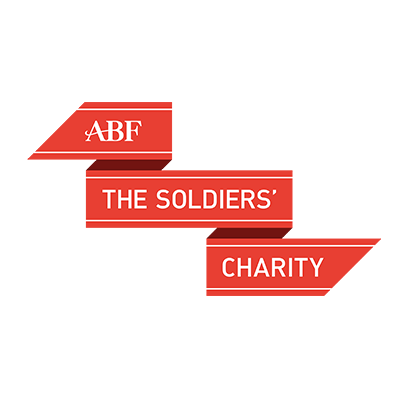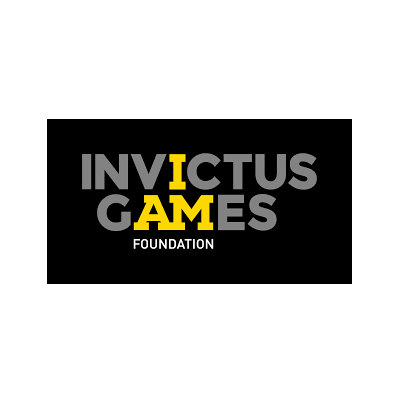
How we help
offers a powerful, alternative pathway to recovery for veterans
Sailing with Turn to Starboard offers a powerful, alternative pathway to recovery for veterans facing complex challenges such as PTSD, depression, anxiety, physical injury, isolation, unemployment, and low confidence. Veterans are disproportionately affected by these issues, and traditional healthcare services often struggle to address their overlapping mental, physical, and social needs.
Turn to Starboard provides a unique, non-clinical environment where veterans can reconnect with themselves and others through the therapeutic power of sailing. As a blue space intervention, it creates a calming, physically engaging setting that supports mental well-being, builds resilience, and restores a sense of purpose.
While social prescribing is growing within the NHS, opportunities like therapeutic sailing remain under-researched and under-utilised. Preliminary studies show promise, and Turn to Starboard is helping to lead the way in demonstrating the life-changing impact of this approach.
Personal Stories
Measuring impact for Turn to Starboard provides valuable data, but numbers alone don’t capture the full picture. While metrics can show participation rates or skill improvements, the true measure lies in personal stories.
Veterans often describe transformative experiences on the water - renewed confidence, reduced anxiety, and a sense of camaraderie that statistics can’t convey. Sailing offers more than physical activity; it fosters resilience, purpose, and emotional healing. These stories, rich with human experience, are the real indicators of meaningful impact.
Every story needs to be heard
Ronnie Cooper
Army
Ronnie joined the Army at 16 with the Parachute Regiment, serving in Northern Ireland and Belize. Struggling with alcohol, toxic relationships, and mental health issues, he left under an Administration discharge and was later diagnosed with CPTSD. After leaving the Army, Ronnie faced homelessness, tenancy issues, and hospitalizations, while also failing to fully engage with available support.
In January 2024, after a difficult relationship breakdown, Ronnie decided to focus on his personal development and reached out to Venture Trust. This led him to Turn to Starboard (T2S). Initially anxious, Ronnie found the experience transformative. Sailing with T2S became a form of therapy, giving him a sense of purpose and connection. He bonded with fellow veterans, including another Parachute Regiment member, and felt part of a supportive, positive community.
The benefits were immediate: Ronnie felt safe, grounded, and encouraged to adopt healthier habits, including quitting smoking and improving his fitness.
As he works towards his Yachtmaster qualification, Ronnie reflects on his journey:
"I’ve been running from myself since the Army. This is me getting my life back."
Now a regular at T2S, Ronnie is a valued member of the T2S community, and everyone is excited to see where his journey leads.
Gareth James
Royal Marines
A chance conversation with a stranger at a marina led me to Turn to Starboard - and it changed my life. I served seven years in the Royal Marines, including active duty in Iraq. After leaving to start a family and become a plumber, I struggled deeply with the transition to civilian life.
My marriage broke down, a close friend passed away, and I turned to drugs and alcohol to cope. Counselling and support groups helped, but something was still missing.
That’s when I heard about Turn to Starboard. With no sailing experience, I joined their Yachtmaster Scheme - a full training programme for veterans. What I found wasn’t just a new skill, but a new purpose and a supportive community that felt like family.
Since earning my Yachtmaster qualification, I’ve become a skipper with T2S, helping other veterans on their own journeys. I’m now working towards becoming a Cruising Instructor and, one day, a Yachtmaster Instructor.
Turn to Starboard gave me back my confidence, my direction, and a reason to give back. It’s more than a charity - it’s been a lifeline.
Yvonne Allenby
RAF
I served in RAF Intelligence for 14 years, enjoying a successful career with global postings. However, my transition to civilian life in 2023 was incredibly challenging. Despite reaching out to several veteran charities, I found little support, partly due to my complicated situation—employed but homeless, living with friends, and struggling with strained relationships.
At my lowest point, my dad, who had sailed on the Turn to Starboard Tall Ship, suggested I reach out. The sailing experience was a game-changer.
It gave me camaraderie, a sense of purpose, and a chance to reset in a fast-paced, supportive environment.
The people were welcoming, and it became a place of relief and personal growth.
Although I can’t attend as often due to work, I’m determined to continue learning with T2S, aiming for my Yachtmaster qualification and potentially a career in the maritime industry. Ultimately, I hope to give back to Turn to Starboard, which has had such a positive impact on my life.
Andrea Ford
Army
I served in the WRAC Provost from 1975 to 1988, and while I had a positive start, my last two years in service were marked by disillusionment, especially due to the fear of being discharged for being gay under the ban.
I faced significant challenges, including misogyny, bullying, and the inability to live authentically. When I left the Army, I felt robbed of my career and struggled to find support.
I first heard about Turn to Starboard through a fellow veteran and signed up for a Tall Ship experience. Initially apprehensive about being accepted, I was pleasantly surprised. The voyage exceeded all expectations, offering a safe, non-judgmental space to share my story with fellow female veterans.
It was an opportunity to reflect, heal, and bond over shared experiences, many of which I had never been able to talk about before.
The sailing and teamwork on the Tall Ship created a deeply healing experience, and I left with restored confidence, self-belief, and pride in my service. I am grateful for the chance to be part of such a supportive community and would relish the opportunity to sail with Turn to Starboard again. It's truly a life-changing experience.
Turn to Starboard
Theory of Change
Turn to Starboard has a Theory of Change (ToC) so that we can explain clearly how and why our activities lead to the outcomes and impact we seek.
It is our roadmap for creating change and shows the logical link between what we do and the difference we want to make. A ToC is a living document and as we gather data and experience, we will revisit and refine it which will help us to improve our programmes and services over time.
Dr. Wallace J. Nichols, in his groundbreaking book Blue Mind, introduces the concept of "Blue Mind"—a mildly meditative state characterized by calm, peace, unity, and a general sense of happiness and satisfaction with life in the moment.
Blue Health
Understanding Blue Mind
This state is achieved when individuals are near, in, on, or under water. Nichols emphasises that this is not merely a poetic notion but is grounded in neuroscience and supported by numerous studies. He contrasts this with "Red Mind," a state of stress, anxiety, and overstimulation, and "Gray Mind," associated with burnout and emotional numbness.
The Therapeutic Benefits of Sailing for Veterans
Sailing offers a unique opportunity to immerse oneself in "Blue Mind" experiences. The act of being on the water, navigating a yacht, and engaging with nature provides a multifaceted therapeutic experience for veterans:
Stress Reduction: The rhythmic motion of the boat and the sounds of water have been shown to lower cortisol levels, the body's primary stress hormone, leading to a reduction in stress and anxiety.
Enhanced Mood and Happiness: Exposure to blue spaces, such as lakes and oceans, is associated with increased levels of happiness and overall well-being. The presence of water can elevate mood and foster a sense of contentment.
Improved Cognitive Function: Engaging in sailing requires focus, decision-making, and problem-solving, which can stimulate the brain and improve cognitive functions.
Physical Rehabilitation: For veterans with physical injuries, sailing can serve as a form of low-impact exercise, enhancing strength, coordination, and flexibility.
Social Connection: Sailing often involves teamwork and communication, fostering camaraderie and a sense of community among participants.
Integrating sailing into therapeutic programs for veterans aligns with the principles outlined in Dr. Nichols' Blue Mind. By providing veterans with access to blue spaces, we can facilitate healing, promote well-being, and support their transition to civilian life. Sailing, as a "Blue Mind" activity, offers a holistic approach to mental health, combining physical activity, social interaction, and immersion in nature to foster a sense of peace and connection.
Health benefits of being in or near water

Latest Impact Report
Our Partners and Supporters











































